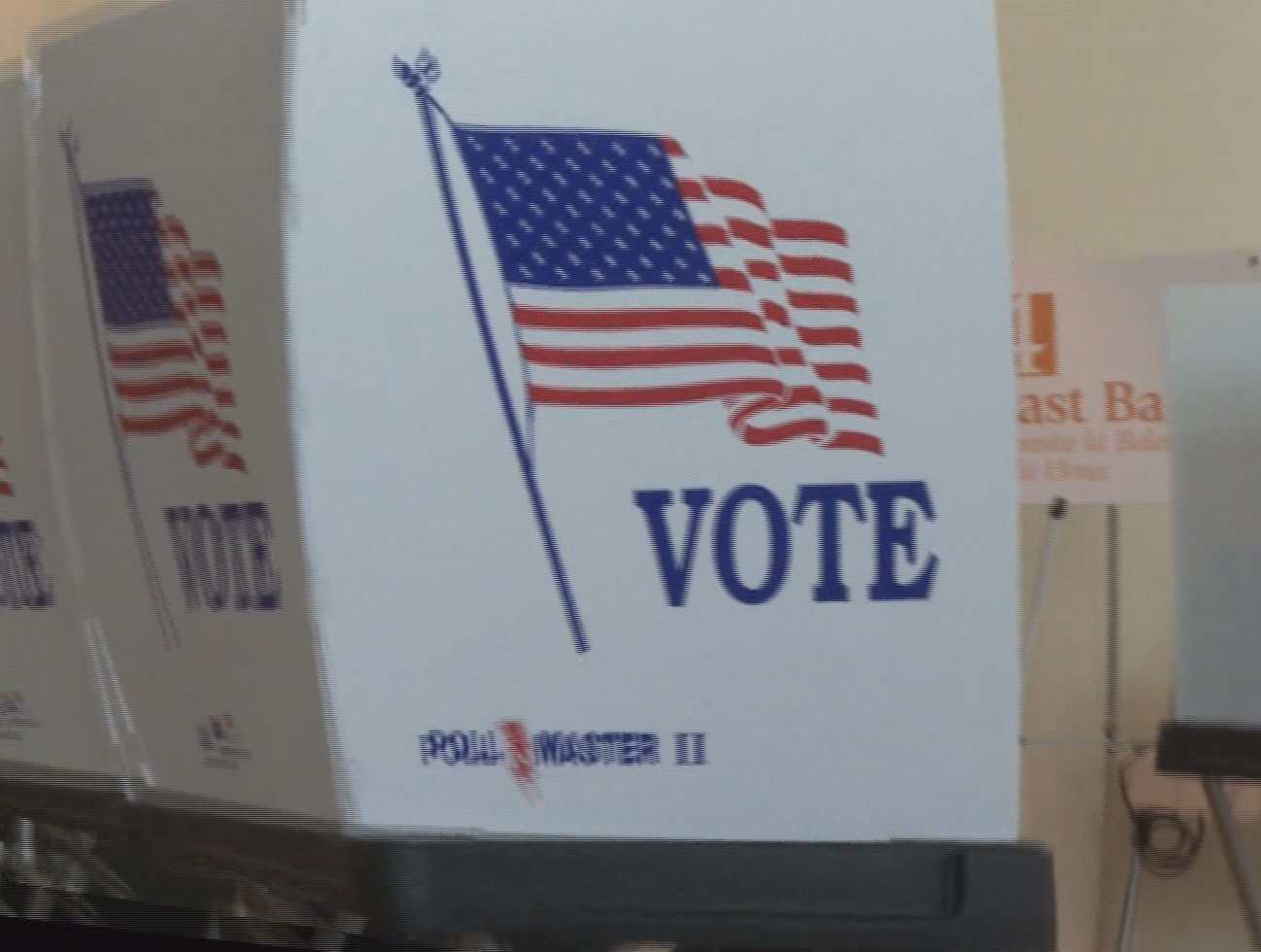When you go to vote you don't choose only candidates. There are often amendments to the constitution on the ballot.
And we bet many times after reading them, you say, "What does that mean?"
10Investigates WTSP has discovered sometimes that confusing language is put on the ballot on purpose.
Protection of Pregnant Pigs, funding high-speed rail, defunding high-speed rail, just three amendments Florida voters approved at the ballot box and three many call a flawed process.
University of South Florida political science professor, Dr. Susan MacManus, says," First of all it is extremely confusing to voters."
MacManus points to a USF/Nielsen survey that found voters are confused by the ballot language written by attorneys. This, despite the fact that the Florida Supreme Court must certify that an amendment deals with one subject and should be understandable.
MacManus explains, "Once it gets on the ballot voters still scratch their heads and say how (do) I know what it really means." MacManus adds, "Because voters in Florida are a little distrustful of the motives of people who put things on the ballot."
The push to bring solar energy to the Sunshine State is a perfect example.
One group trying get a solar amendment passed, Consumers for Smart Solar, has a YouTube video that tells voters, "Think of this video as a tale of two amendments."
The video disparages a competing amendment which it says, "The first amendment is for big out of state solar companies, and you might call it the shady amendment."
However, consumer advocate Susan Glickman, who is involved with the competing amendment Floridians for Solar Choice, says the facts are being twisted. According to Glickman, "They have created language that is completely confusing."
Glickman says the wording in the Consumers for Smart Solar, "was designed to mislead people, it is misleading in its design."
Glickman is concerned that voters will not understand what they are choosing because the way the amendment is written.
However, she concedes, "The initiative process is complex."
And what can really make people's heads spin is while the Consumers for Smart Solar amendment says it protects the consumer, if you read between the lines, the true focus is to ensure the current power companies can maintain their monopoly and prohibit other companies from selling solar power.
Former state Rep. Dick Batchelor supports the utility-backed amendment and says, "We don't think it's confusing at all."
Batchelor smiles as he insists, "We look at it as a consumer-friendly bill."
However, when we said someone voting for the bill might not realize it protects utilities from out-of state-competition, Bachelor replied, "The proposed amendment doesn't give any additional influence or powers to carve out to the utility industry."
Even that answer causes more confusion and the carefully-crafted language like "protect consumers," "public health safety and welfare" confuses the voter -- thinking it protects them and not the utilities.
That's what Ann Marie Anders thought when we showed her the language in the amendment. "I'd probably vote for it," Anders says, "Because it says consumer friendly but not understanding it fully you know."
"Can you tell me by what this means?" we asked Frank Jamica as we showed him the wording in the Consumers for Smart Solar Amendment. Jamica told us, "I would have no idea what this is stating."
Adam Hollabaugh saw the wording and said, "I would have no idea what this was, but I would probably vote for it because it is for solar power."
And MacManus says the voters we talked to are typical, "They really don't have enough information exactly what a yes vote means versus a no vote."
Although there are two proposed solar amendments only the Consumers for Smart Solar has a chance of getting on the 2016 ballot. Floridians for Solar Choice didn't get the required 683,149 signatures on a petition to get on the ballot. The group says it will try again in 2018. Consumers for Smart Solar is waiting for the Florida Supreme Court to approve its language.
The confusing language may be catching up with those who put it on the ballot. Florida voters used to approve most amendment issues, but recently -- since it now takes a 60-percent vote to pass -- more voters are rejecting these confusing amendments.


